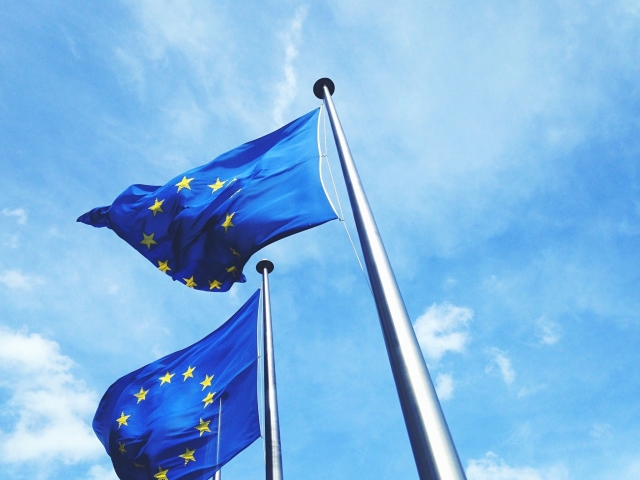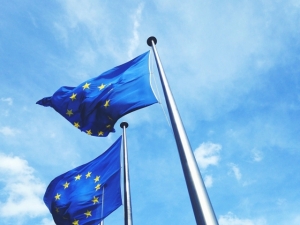EU Welcomes CoE Secretary General’s Report on Conflict in Georgia
The European Union (EU) has welcomed the Council of Europe (CoE) Secretary General Thorbjorn Jagland’s 15th consolidated report on the conflict in Georgia and considers important to keep this issue high on the political agenda of the CoE and encourages the Secretary General to continue the submission of such reports covering, inter alia, the question of human rights protection in the areas affected by the conflict in Georgia.
The statement was published on the official web page of the Delegation of the European Union to the Council of Europe.
“The EU reaffirms its firm support for the independence, sovereignty and territorial integrity of Georgia within its internationally recognized borders,” the statement reads.
The statement underlines that the EU does not recognize the elections of March 12, 2017 in Georgian region of Abkhazia, also, the decision by the de facto authorities in the Georgian region of Tskhinvali region/South Ossetia to conduct presidential elections and an illegal referendum on changing the name of the Georgian region of Tskhinvali region held on 9th April 2017.
Furthermore, the EU is deeply concerned by the advancing implementation of the treaties and deriving sub-agreements, including actions that combine Russian armed units and armed units of authorities of the Georgian regions of Abkhazia and South Ossetia, saying they are “detrimental to the efforts to strengthen security and stability in the region and violate Georgia’s sovereignty and territorial integrity, contradict principles of international law and the international commitments of the Russian Federation, including those undertaken within the CoE.”
The statement also underlines that human rights situation in the occupied territories remains worrying, adding the closure of two crossing points along the Administrative Boundary Line of Georgia's breakaway Abkhazia, which were used daily by hundreds of commuters, is detrimental to the freedom of movement of the population, including school children, on both sides of the ABL.
“Such a unilateral decision goes against commitments to work towards enhanced security and improved living conditions for the conflict-affected population. It increased the risk of incidents, especially detentions. The EU is concerned by actions that combine Russian armed units and armed units of authorities of the Georgian regions of Abkhazia and Tskhinvali region,” the statement reads.
The EU calls on authorities exercising effective control to remove any impediment, restriction or limitation to the right of freedom of movement across the ABL, to prevent arbitrary detention of persons, including in the context of so called “illegal border crossing”, to prevent ethnic–based discrimination, to re-open crossing points and to investigate all allegations of crimes and human rights violations on the ground.
Moreover, the EU underlines the importance of a dialogue between the parties to the conflict. The EU remains highly committed to support peace-building and conflict resolution in Georgia, including through its co-chairmanship of the Geneva International Discussions and the EU Monitoring Mission on the ground.
“We welcome that the Georgian Government continued to progress in ensuring durable solutions in terms of IDP reintegration, that support for socio-economic integration of IDPs has been increased under the new IDP Livelihood Action Plan, and that remaining difficulties with respect to access to drinking and irrigation water, heating and livelihoods, as well as access to social and medical infrastructure, were being addressed,’ the statement reads.
The EU reiterates its concern about the continuing Russian illegal military presence, increased military exercises and infrastructure reinforcements in the occupied regions of Georgia. The EU calls on the Russian Federation to fully implement the six-point ceasefire agreement of 12 August 2008 and the Implementing Measures of 8 September 2008, and to provide the EU Monitoring Mission (EUMM) with access to the Georgian regions.
EU Local Statement on the SG's 15th Consolidated report on conflict in Georgia - European External Action Service https://t.co/BGzXCGQaZM
— Mikheil Janelidze (@JanelidzeMkh) April 21, 2017
Thea Morrison












